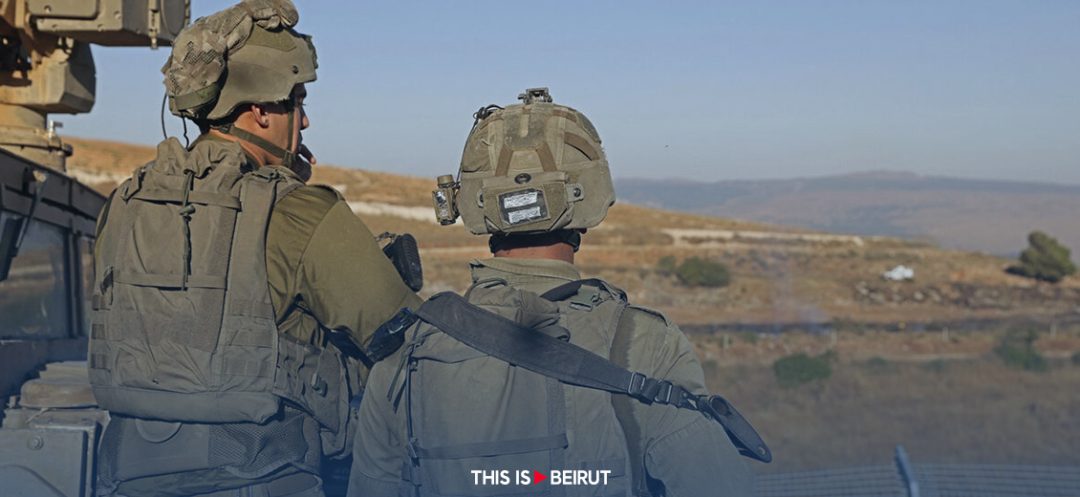Israel warned on Monday, July 17, that Hezbollah’s “provocative” activities along the volatile Blue Line in southern Lebanon may lead to a military confrontation that neither side desires.
According to Israel’s Yediot Ahronot, these provocations included Hezbollah’s setting up of two tents in the disputed al Ghajar village, one of which subsequently removed, the removal of an Israeli army surveillance camera and the organization of a tour for journalists by Hezbollah MP Qassem Hashem in the Shebaa Farms area.
However, the newspaper cited Israeli officials as saying that the Iranian-backed party’s actions are thus far not as serious as they had been in past years when rockets were periodically fired into Israel and there were regular attempts to kidnap Israeli soldiers protecting the border.
The officials said that Hezbollah’s leader, Hassan Nasrallah “likely believes that his organization’s provocations fall below Israel’s threshold for a harsh military response, but if that is the case, he will be failing to consider that should Israel choose to take action in retaliation of his provocations, both sides may be pushed to war, which neither wants.”
It is worth noting that the 33-day destructive war that erupted on July 12, 2006, was triggered by Hezbollah’s kidnaping of two Israeli soldiers in a border operation which Nasrallah later said he would not have ordered had he known that it was going to unleash Israel’s wrath.
On the demarcation of the land border, after the maritime border, the neswpaper quoted the Israeli officials as saying that “such negotiations would be counterproductive while Lebanon is in political turmoil.” They added that the outstanding disputes along the border could be resolved by the two countries, but no one on the Lebanese side seems willing or able to begin a dialogue.
The demarcation of the maritime border between Lebanon and Israel was concluded in October with the help of US Envoy Amos Hochstein.





